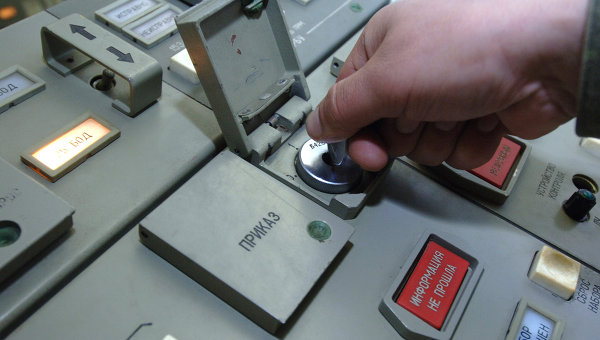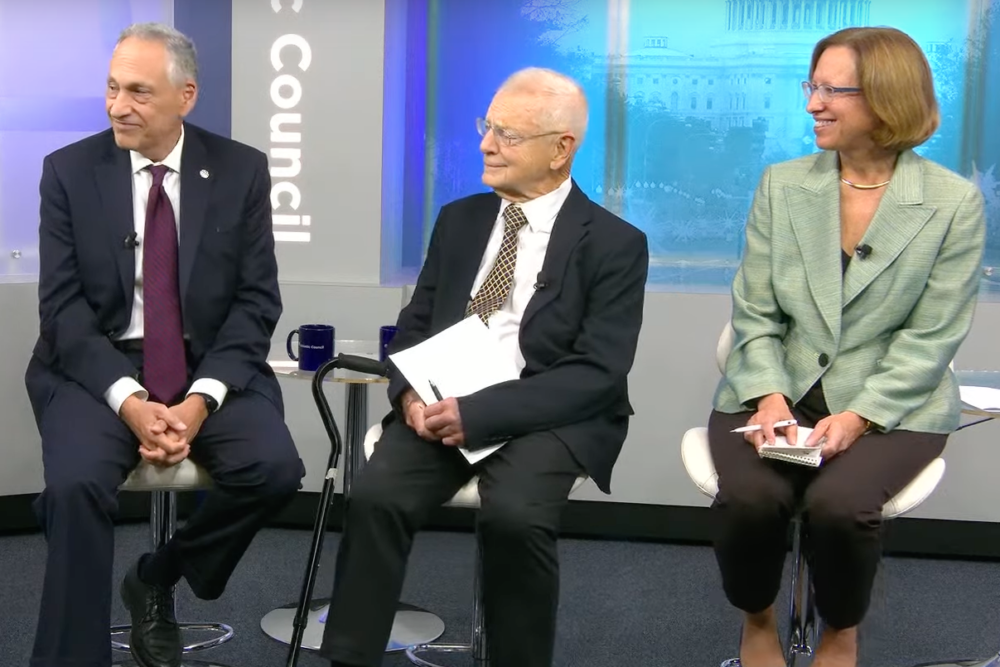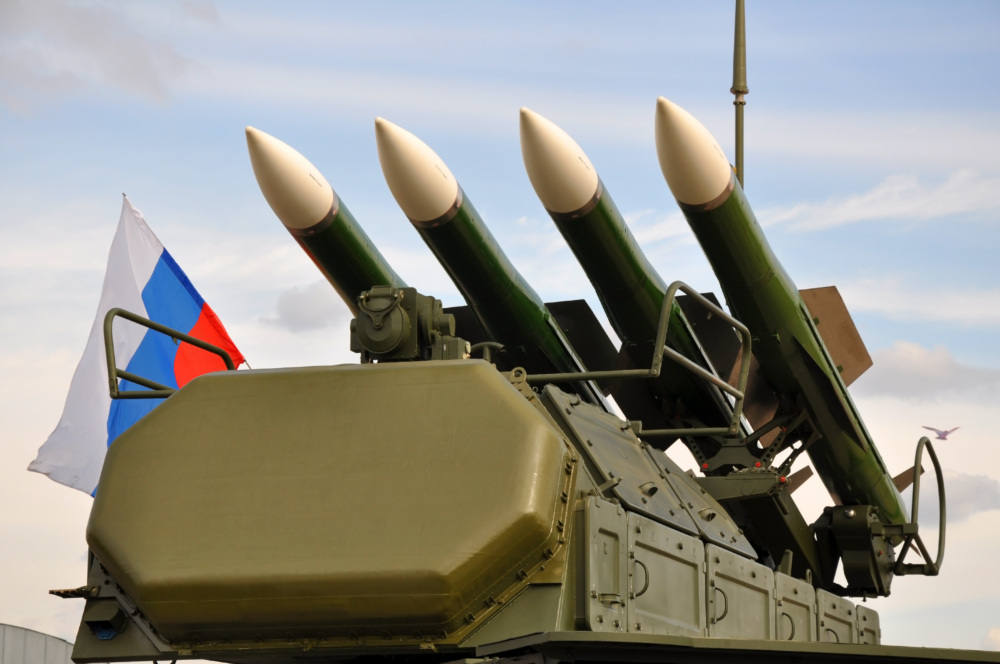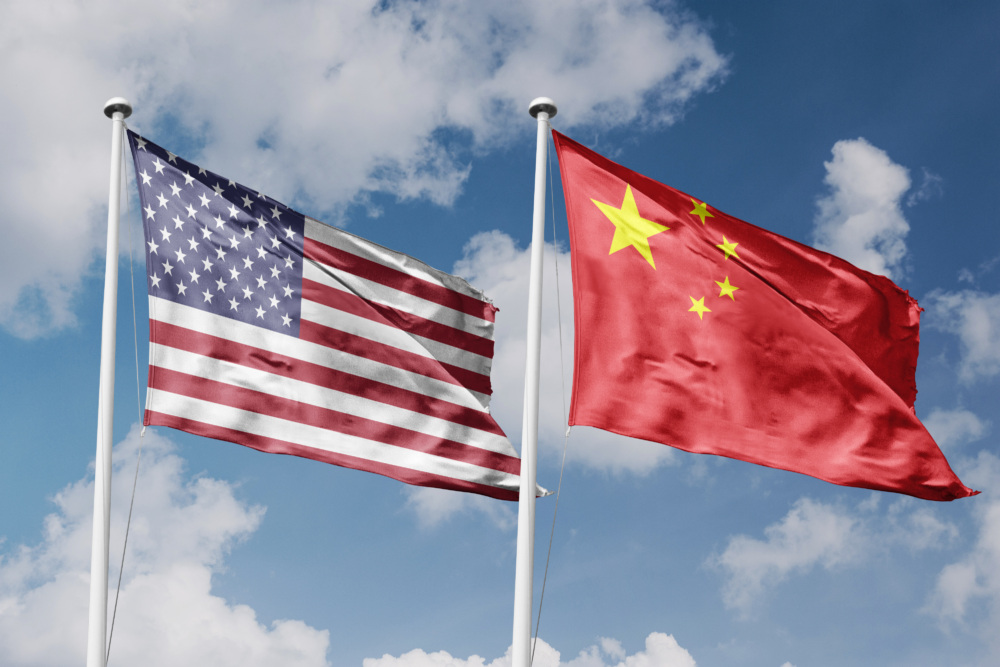
Robert E. Berls Jr., PhD
Senior Advisor for Russia and Eurasia
Atomic Pulse
Alarming new reports
out of Russia, including a recent civil defense drill involving up to 40
million people, have raised new questions about whether Russians are preparing
for a nuclear exchange with the United States. In early October, Russian
President Vladimir Putin withdrew from a landmark nuclear disarmament-related
agreement on the disposal of plutonium citing “hostile actions” by the United
States against Russia. One day later, Russia launched a massive three-day civil
defense drill, prompting this headline in The Wall Street Journal: “Russians Conduct Nuclear-Bomb Survival
Drills as Cold War heats up.” The Russian government called it a routine emergency
preparedness drill. So, are Russians preparing for nuclear war?
Drawing on his extensive
experience and expertise, including an assignment at the U.S. Embassy in Moscow
in the 1980s, NTI Senior Advisor on Russia and Eurasia
Robert E. Berls, Jr., analyzes
recent developments.
The independent Levada
Center recently conducted a survey of the Russian population’s views of
war. According to sociologist Aleksey
Levinson, only a minority still maintains the strong fear of nuclear war that
was prevalent in the Soviet Union during the Cold War. Most Russians today do
not take talk of a possible military conflict between Russia and the West seriously
and view it as a game or a sport. Levinson attributes this attitude partially
to the way that Russian “mass consciousness” frames many of the most important
issues in the context of “game modalities.”
He also correlates the attitude toward “games” and military conflict
with the militarization of sports in Russia.
We learn other interesting trends about Russian attitudes
from this Levada Center poll from Levinson’s interview
with Aleksey Afonskiy of Profil’. Russians view the West as their
main adversary and fear that the West could attack Russia. As for whether the West should fear Russia,
Russians traditionally do not see their country as the aggressor. In that vein,
they don’t believe that the current conflict in Ukraine is a war. More precisely,
although they do not see actions taken by Russia and its leaders as war, they also
do not exclude the possibility that events in Ukraine could turn into a war
between Russia and the West. They also do not exclude the possibility of a
Third World War, although they are certain that such a catastrophe would not be
brought about by any actions taken by Russia. The fault would lie with the West
and its “puppets.”
To that point, Russians believe that the driving force
behind their country’s competition with the West is an attempt by the West to harm
Russia and even to destroy it. This view
is very widespread in Russia and has deep roots in Russia’s history. The
Russians see the annexation of Crimea this way: it marks the return of Russia
as a great power; it was accomplished by violating international treaties, rules
and laws established by the West, and most importantly against the will of
Russia’s so-called “partners”; for the
first time Russia did what it had always been ”forbidden to do” by the West;
and Russia now deserves what great powers possess: respect, the right to use
military force, and the right to its own place in the world.
As for Syria, Levinson says that Russians have a very poor
understanding of what is happening there and what forces are involved. They are
convinced, however, that whatever forces in Syria are hostile to Russia are
being backed by the United States and NATO. The same applies to Ukraine,
Georgia and the Baltic states.
Do Russians want war? Absolutely not, Levinson tells us. But
Russians do want parity, are fully capable of responding to any threat that
might arise, and view nuclear weapons as an important factor in deterring
outside threats. Finally, Russians are convinced that they possess a spiritual superiority,
for which they claim there is historical proof, and this is key to their
beliefs, Levinson concludes.
Sign up for our newsletter to get the latest on nuclear and biological threats.
Lynn Rusten, vice president of NTI’s Global Nuclear Policy Program, shares her reaction to the 2023 Strategic Posture Report during a panel event at the Atlantic Council.
Putin’s announcement is a significant blow to the last remaining strategic arms control agreement between the world’s two largest nuclear powers and to the fraying Euro-Atlantic security architecture more broadly.
NTI hosted Dr. Tong Zhao for a virtual seminar to discuss the future of U.S.-China nuclear relations and opportunities for reducing nuclear risks between both countries.



